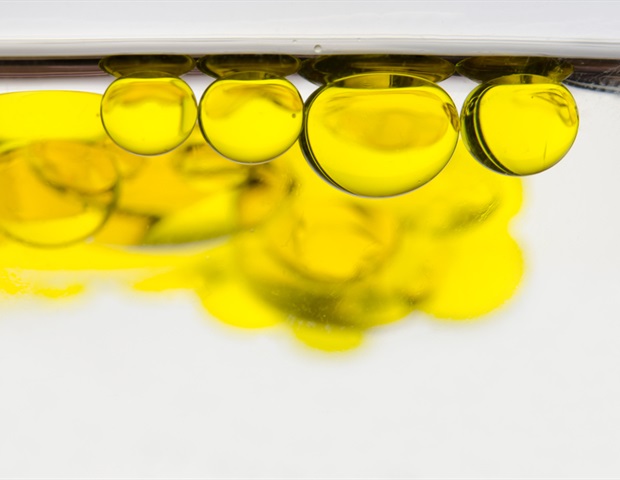At some point during the evolution of life on Earth, inorganic matter became organic, nonliving matter became living. How this happened is one of humankind’s greatest mysteries. Today, scientists work to develop synthetic cells that…
Category: 5. Biology
-
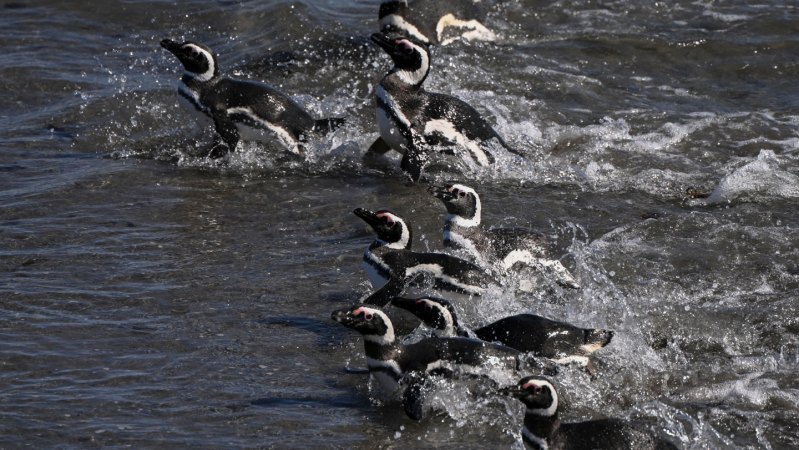
Some penguins save energy by riding ocean currents
Sometimes, the best thing for a penguin is to go with the flow.
Magellanic penguins change their strategy for navigating home based on the strength of ocean currents, researchers report July 17 in PLOS Biology. In calm waters,…
Continue Reading
-
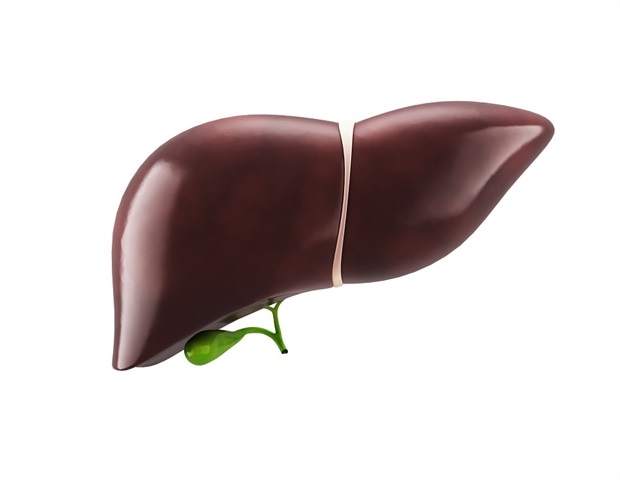
Scientists create liver organoids with functional blood vessels
Liver organoids with proper blood vessel networks have been successfully produced, as reported by researchers from Institute of Science Tokyo and Cincinnati Children’s Hospital Medical Center. This advancement addresses a major…
Continue Reading
-

A dog’s taste for TV may depend on its temperament
Maybe your Pomeranian is a little too into The Secret Lives of Mormon Wives. Your pit bull says he likes mixed martial arts, but really, he’s curled up in a onesie on the couch for The Bachelor. Some dogs pay attention to the…
Continue Reading
-

Science reveals dogs’ favorite type of TV
At the end of a long day, many of us humans unwind with an episode of a favorite…
Continue Reading
-
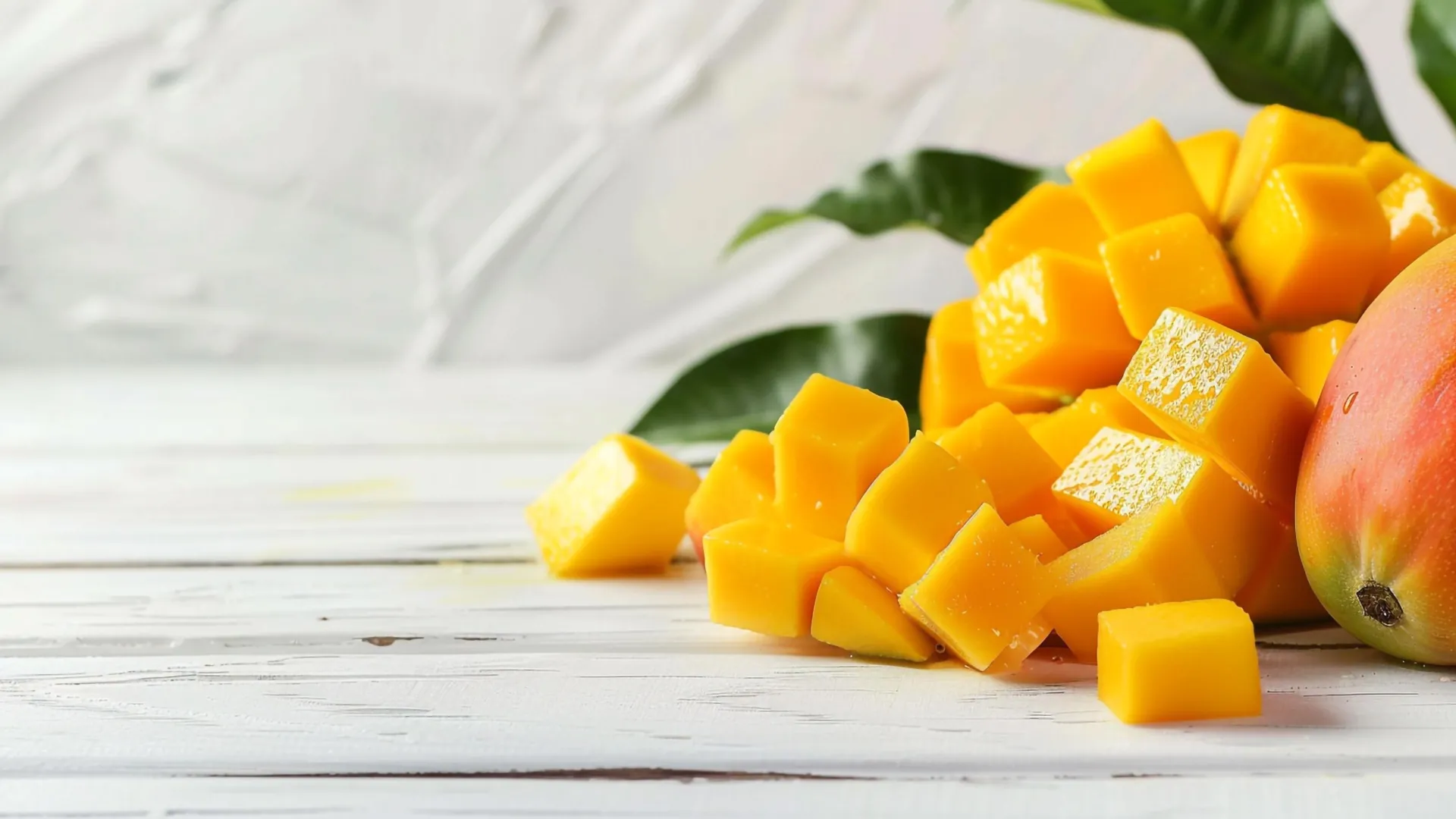
This 10-minute ozone hack keeps mangoes fresh for 28 days
In good news for mango lovers, new research from Edith Cowan University (ECU) has identified a way to extend the storage life of the popular tropical fruit.
The study, led by ECU School of Science Lecturer Dr Mekhala Vithana, found that dipping…
Continue Reading
-

Standardized brain cell atlas to accelerate Parkinson’s and Alzheimer’s research
Researchers now have a powerful new way to understand the types of brain cells that are affected in neurodegenerative diseases and to uncover connections between conditions such as Parkinson’s, Alzheimer’s, and other forms of…
Continue Reading
-

OmicsTweezer offers breakthrough in analyzing tumor microenvironments
Researchers have developed a powerful new tool that makes it easier to study the mix of cell types in human tissue, which is crucial for understanding diseases such as cancer.
Developed by researchers at Oregon Health & Science…
Continue Reading
-
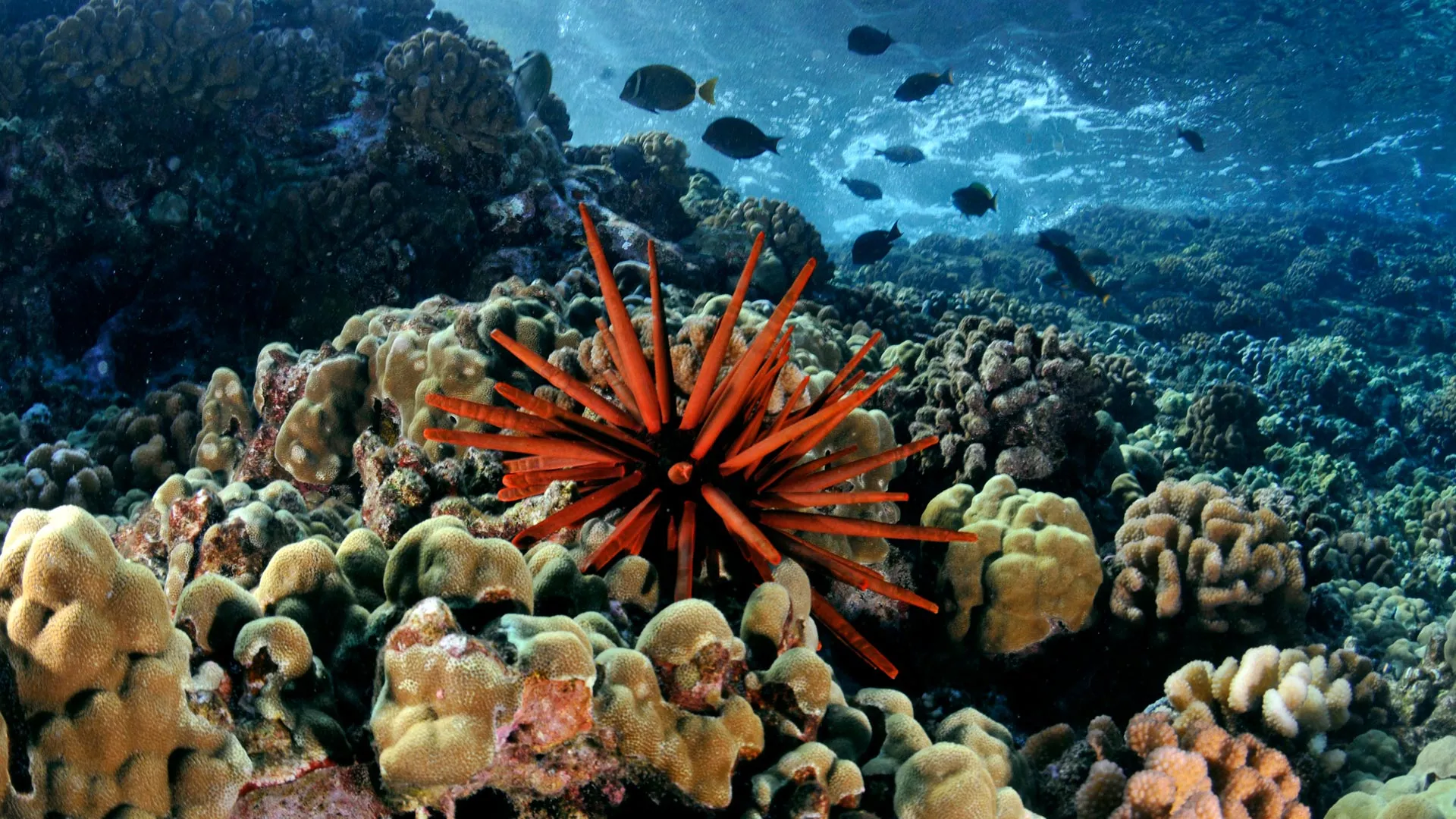
Corals in crisis: A hidden chemical shift is reshaping Hawaiian reefs
Across the globe, oceans are acidifying as they absorb carbon dioxide from the atmosphere, threatening coral reefs and many other marine organisms. A new study, led by oceanographers at the University of Hawai’i at Mānoa, revealed that…
Continue Reading
-
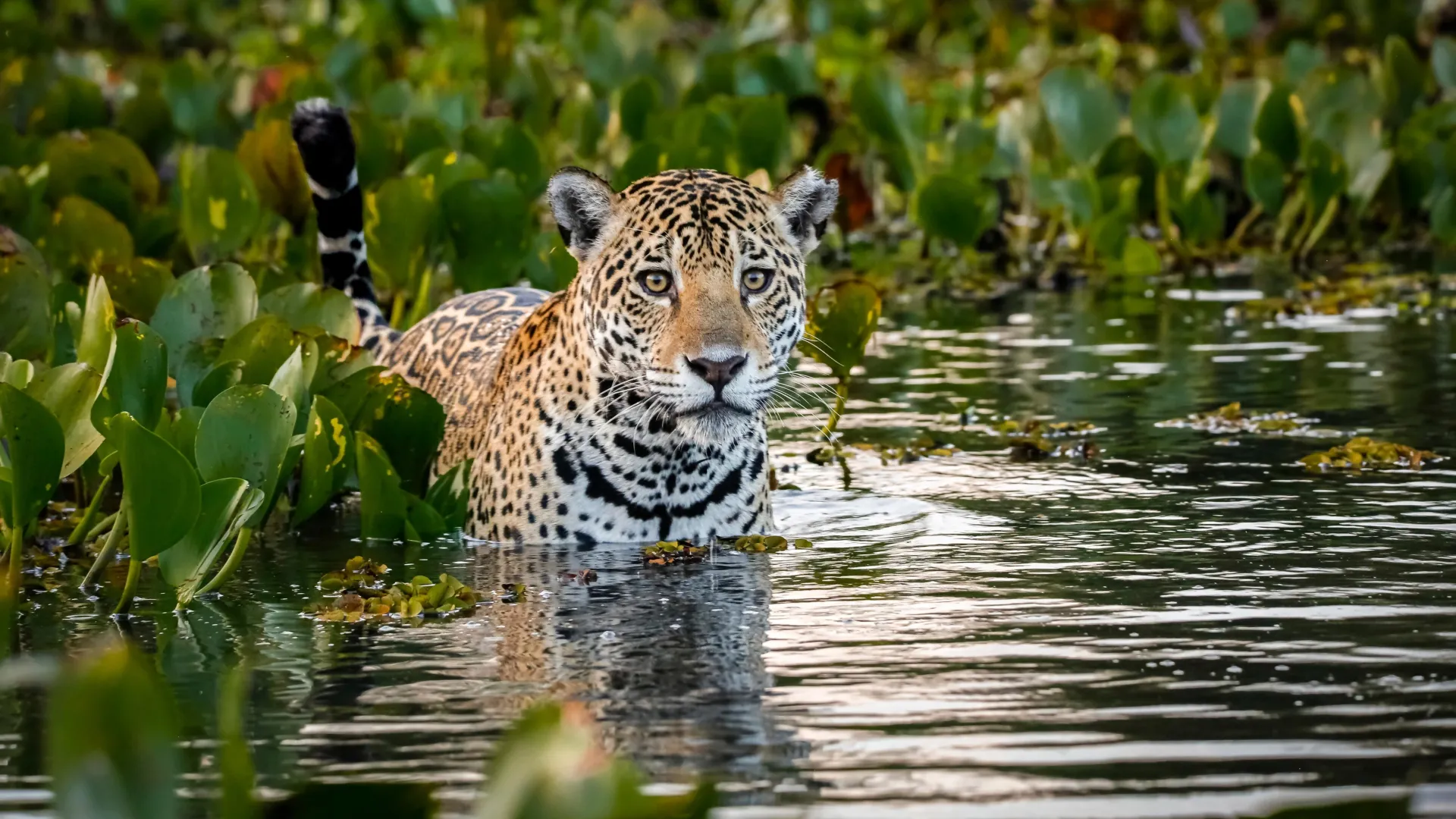
They fled the flames—now jaguars rule a wetland refuge
Following a large-scale wildfire, more jaguars migrated to a study site in the Brazilian wetlands that already had the largest population density of jaguars in the world, a new study found.
“Finding even more jaguars and other mammals in the…
Continue Reading
